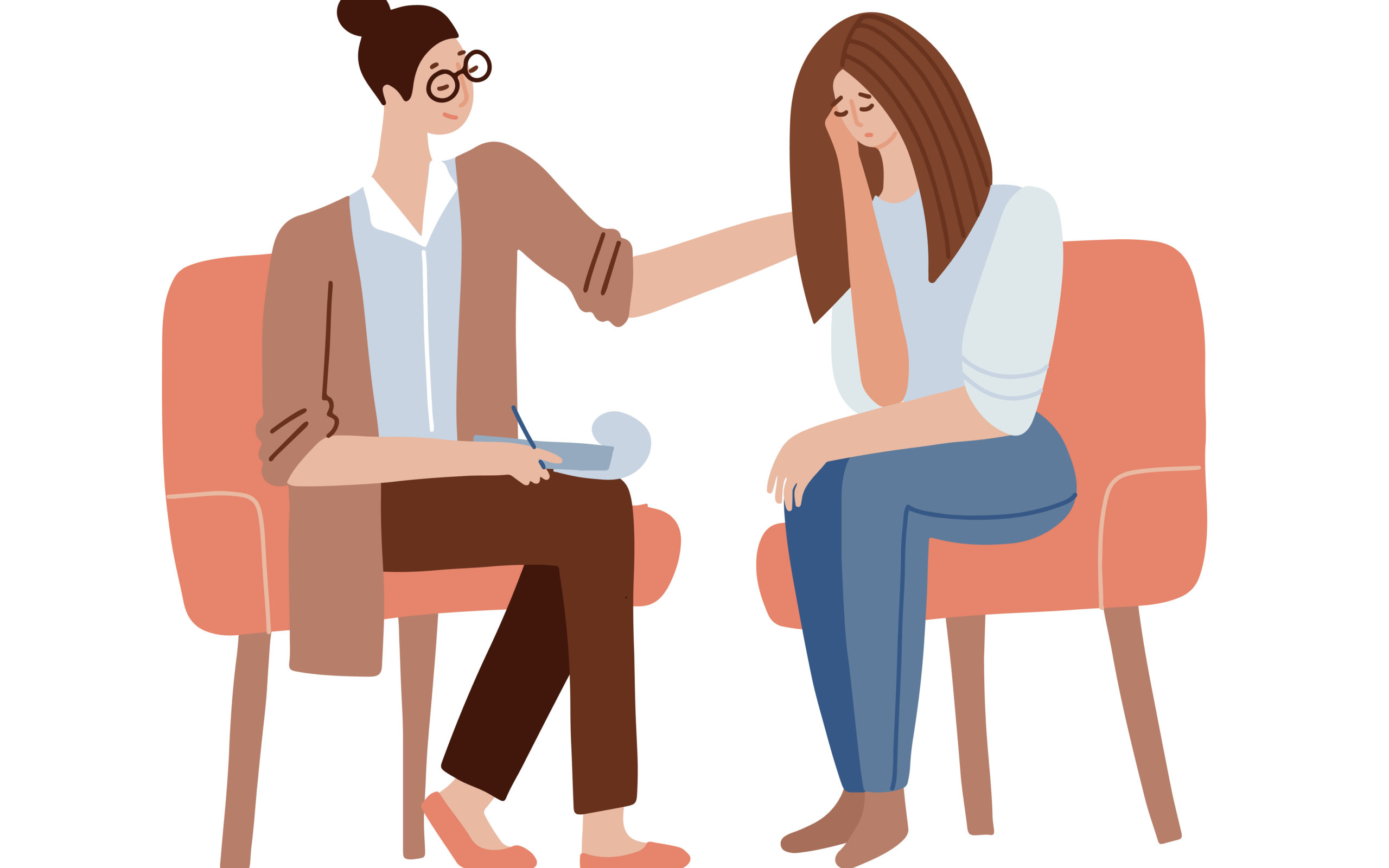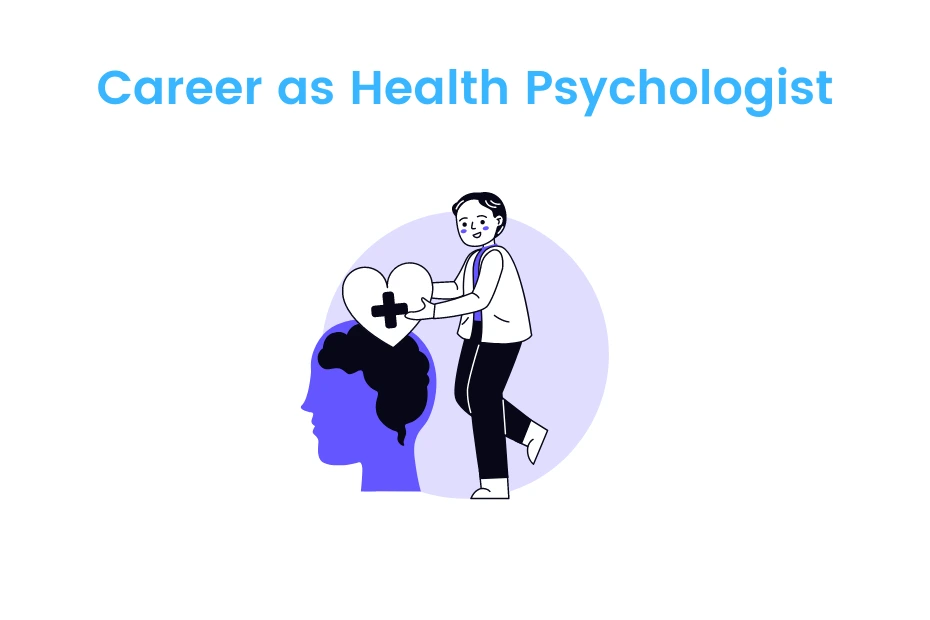Psych Therapy: A Comprehensive Overview to Results and techniques

Cognitive-Behavioral Treatment
Cognitive-Behavioral Therapy (CBT) is a commonly used psychotherapeutic strategy that focuses on identifying and customizing inefficient thinking and habits patterns. Developed in the 1960s by Aaron T. Beck, CBT integrates behavioral and cognitive concepts to deal with different psychological health problems, including depression, anxiety, and stress-related conditions.
Strategies such as cognitive restructuring, direct exposure therapy, and skill-building exercises are frequently used. Cognitive restructuring involves tough and altering adverse idea patterns, while direct exposure treatment intends to lower concern and stress and anxiety with steady exposure to been afraid situations or items.
Evidence-based research study sustains the efficiency of CBT for a wide variety of mental conditions - Best Psychologist in Delhi. Its emphasis on ability acquisition and self-help techniques equips clients to proceed progression individually after treatment ends. The versatility and performance of CBT have made it a cornerstone in modern psychotherapeutic method
Psychodynamic Approaches
Rooted in the early concepts of Sigmund Freud, psychodynamic strategies concentrate on exploring the unconscious mind and its influence on behavior and feelings. These approaches aim to uncover concealed thoughts and sensations that may be driving maladaptive actions and emotional distress. Central to this approach is the idea of internal problem, usually originating from unresolved past experiences, particularly those from childhood years.
Therapists using psychodynamic techniques employ numerous crucial methods, consisting of free association, where clients are urged to talk easily to disclose subconscious material, and desire evaluation, which interprets the concealed content of desires. Furthermore, the expedition of transfer and countertransference dynamics within the therapeutic relationship is critical. These interactions can supply understandings into the client's interior globe and relational patterns.
Psychodynamic treatment is usually longer-term contrasted to other modalities, using a deep and extensive understanding of the individual's psyche. Research study indicates that it can be specifically effective for intricate mental health and wellness problems, such as personality conditions and persistent clinical depression. By fostering self-awareness and emotional understanding, psychodynamic therapy seeks to bring subconscious material to awareness, enabling people to accomplish enduring and purposeful adjustment in their lives.
Humanistic Strategies
Building on the foundations laid by psychodynamic techniques, humanistic techniques provide an unique point of view concentrated on specific possible and self-actualization. Coming from the mid-20th century, these techniques focus on the inherent goodness and development possibility of individuals, highlighting an alternative view of human experience. Key figures such as Carl Rogers and Abraham Maslow have actually substantially affected this therapeutic strategy, which encompasses methods like client-centered therapy and Gestalt treatment.
Client-centered therapy, created by Rogers, plays an essential role in humanistic methods. It counts on the therapist giving an environment of unconditional favorable regard, empathy, and congruence. This promotes a secure area for clients to discover their feelings and experiences without judgment, promoting self-discovery and personal development. The therapist's duty is more of a facilitator than an authority, encouraging clients to harness their internal resources for healing.
Gestalt treatment, an additional crucial humanistic method, emphasizes existing minute recognition and the assimilation of mind and body. By focusing on the "right here and now," customers acquire greater insight into their current emotions and behaviors. Methods such as role-playing and guided visualization are often employed to aid customers acquire a much deeper understanding of themselves, inevitably bring about enhanced self-awareness and fulfillment.
Integrative Treatments
Integrative treatments stand for a synthesis of different restorative methods tailored to fulfill the one-of-a-kind demands of each customer. This approach recognizes the complexity of human psychology and the multifaceted nature of psychological health concerns. By combining aspects from various schools of psychiatric therapy-- such as cognitive-behavioral treatment (CBT), psychodynamic therapy, and humanistic methods-- integrative therapies use an even more all natural and versatile sites treatment paradigm.
Experts of integrative treatment assess each client's certain needs, signs and symptoms, and individual background to create a customized therapy plan. This customized method enhances the capacity for healing success by attending to the source of psychological distress and promoting total wellness. Techniques could include mindfulness exercises, cognitive restructuring, and emotional handling, each picked to target various facets of the customer's problems.
Furthermore, integrative therapies emphasize the restorative connection, viewing the client-therapist bond as an important part of effective treatment. This relationship fosters a supportive setting where clients article source really feel safe to check out and address their concerns. The adaptability of integrative therapies makes them suitable for a wide variety of problems, consisting of stress and anxiety, anxiety, injury, and social problems, therefore boosting their applicability and performance in varied medical settings.

Measuring Therapy Results
Assessing the efficiency of psychiatric therapy is essential for both customers and clinicians to make certain that the treatment is yielding the desired outcomes. To accomplish this, numerous techniques and devices are employed to measure treatment end results systematically. Standardized analysis instruments, such as the Beck Clinical Depression Inventory (BDI) and the Generalized Anxiety Condition 7 (GAD-7), give quantitative data on signs and symptom extent and changes gradually.
In addition to standard devices, qualitative methods like client self-reports and clinical interviews supply valuable understandings into the personal experiences and viewed development of customers. Frequently set up analyses, usually at the beginning, navel, and end of treatment, help in tracking the trajectory of renovation or determining areas requiring modification.
Outcome measurement is Going Here not restricted to sign decrease; it also includes functional enhancements in everyday life, such as far better interpersonal partnerships, raised work performance, and enhanced total health. Modern developments in electronic health have actually presented mobile applications and online platforms that assist in real-time tracking and responses, further refining the evaluation process.
Ultimately, an extensive strategy to measuring treatment results makes sure that therapeutic treatments work, reliable, and tailored to meet the specific needs of clients, thereby optimizing the total therapeutic experience.
Final Thought
Psychotherapy uses a complex variety of strategies focused on addressing particular mental health concerns and boosting general wellness. Cognitive-Behavioral Therapy and psychodynamic methods target subconscious impacts and useless ideas, respectively. Humanistic methods concentrate on individual development and self-actualization, while integrative treatments combine several methods for tailored therapy strategies. Assessing treatment end results with qualitative methods and standardized analyses guarantees a thorough understanding of performance, inevitably guiding customers towards withstanding mental health and wellness improvements.
From the structured strategy of Cognitive-Behavioral Treatment (CBT) to the deep exploration of the subconscious in psychodynamic therapy, each approach brings unique benefits. Its focus on skill procurement and self-help methods empowers clients to continue development separately after therapy concludes (Best Psychologist in Delhi). Key numbers such as Carl Rogers and Abraham Maslow have actually significantly affected this healing approach, which incorporates techniques like client-centered treatment and Gestalt treatment
